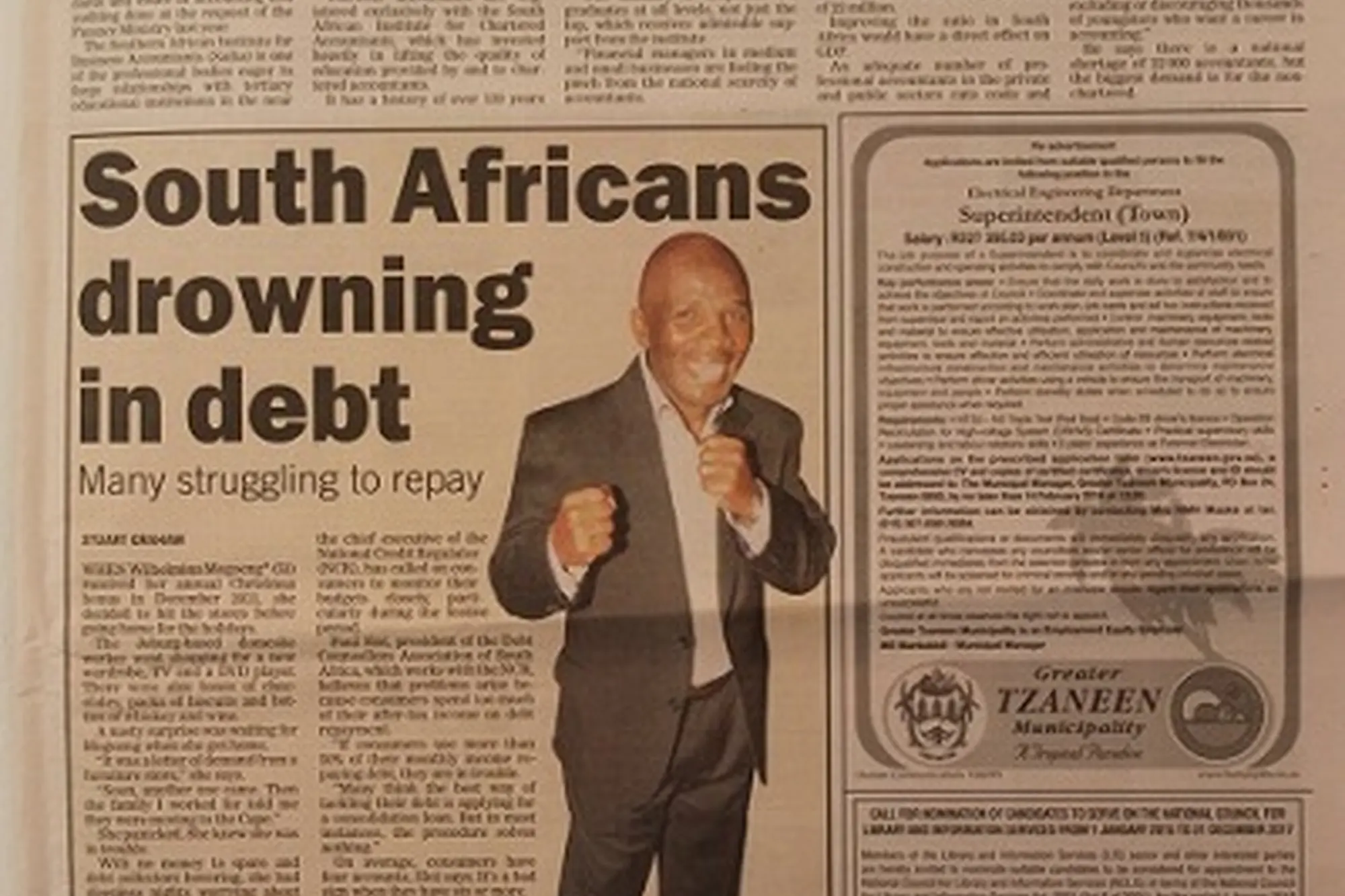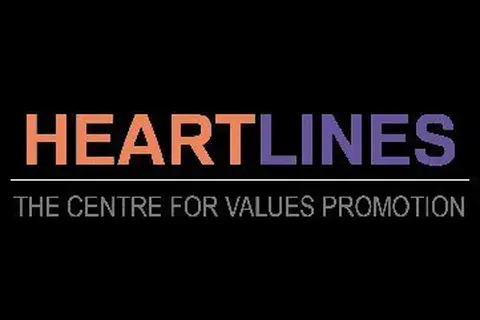Drowning in debt
Apartheid , Gang , Gambling , Identity , COVID-19By Stuart Graham

Last December, when Wilhelmina Mogoeng a 53-year-old Johannesburg based domestic worker received her annual Christmas bonus or "box" as she calls it, she decided to hit the stores before going home for the holidays. She went shopping for a new wardrobe, bought a new television and a DVD player. There were also multiple boxes of chocolates and several packs of biscuits, along numerous bottles of whiskey and wine. The holidays went well, but a nasty surprise was waiting for Wilhelmina (not her real name) when she arrived home.
"It was a letter of demand from a furniture store," she says. "I couldn't believe it. Soon another one came and then the family I worked for told me they were moving to the Cape."
Wilhelmina panicked. She knew she was in trouble, but with no money to spare and debt collectors hovering, she had sleepless nights worrying about the future. She had no reserves.
Wilhelmina is one of 12 million South Africans drowning in debt - with most having spent their money on clothing, sports equipment, furniture - and the good life. They are finding that once caught in a debt trap escape is difficult.
Credit bureau records reveal that there are 20.29 million credit-active consumers. Many are struggling to repay the money they owe, prompting Nomsa Moshegare, chief executive officer of the National Credit Regulator (NCR) to call on consumers to monitor their budgets closely - particularly during the festive period.
Paul Slot, president of the Debt Counsellors Association of South Africa who works in cooperation with the NCR, believes problems arise because consumers spend too much of their after tax income on debt repayment. "If consumers use more than 50 percent of their monthly income repaying debt, they are in trouble," he says. "Many think the best way of tackling their collective debt is applying for another loan. This is called a consolidation loan but in most instances the procedure solves nothing. Instead, it extends the problem."
Slot says on average, consumers have four accounts but it's a bad sign when they have six or more. In fact, they simply have too many loans. He says people who most frequently run into debt are single middle income earners followed by up-and-coming yuppies who lived beyond their means. They generally had a lavish lifestyle, an expensive vehicle and children at private schools.
"Invariably they are unwilling to tone down their lifestyle," he says.
The plight of the indebted is one reason why award-winning NGO Heartlines has initiated a money and values campaign to encourage people to consider how they earn money, how they spend it and how they give it away. The campaign is informed by the idea that attitudes and behaviours around money are at the root of many of the problems facing our nation. These include high levels of debt, materialism, greed and corruption which negatively impact individuals, families and communities.
Slot says consumers with problems should get a debt replacement plan in place. This means careful management of their lifestyle - and repaying more than the required instalments on debt. "In terms of the NCA this is perfectly acceptable. If consumers repay faster, they'll get the benefit of reduced interest," he says.
Interest rates on debt are governed by the National Credit Act (NCA). Currently micro-lenders are charged 31 percent with an additional initiation fee, a monthly service fee and credit life, all of which add to the cost of credit. Interest for short term debt (pay dayloans) can be as high as 60 percent in terms of the NCA plus the usual fees.
Johan Maree, the chief executive of FNB Credit Card, has warned consumers to watch spending and realistically assess what they can afford after settling existing loan payments. "Retail accounts and credit cards are effective transactional tools if used within boundaries but when used to fund an unrealistic lifestyle, consumers are at risk of being caught in a debt spiral," he says.
He describes debt consolidation as "an option" but, although it provided relief it is not the answer for consumers spending beyond their means.
* This article was first published in Sunday World on 2 February 2014. It is part of a series produced to support the Heartlines Values & Money campaign to encourage South Africans to think about how they earn, spend, save, borrow and give away their money.
Featured






